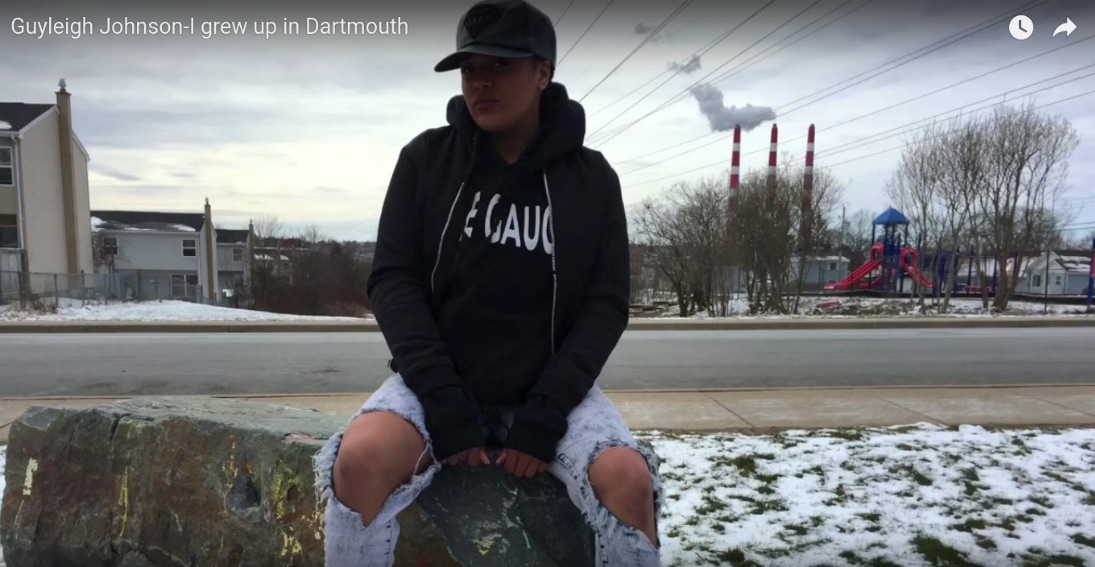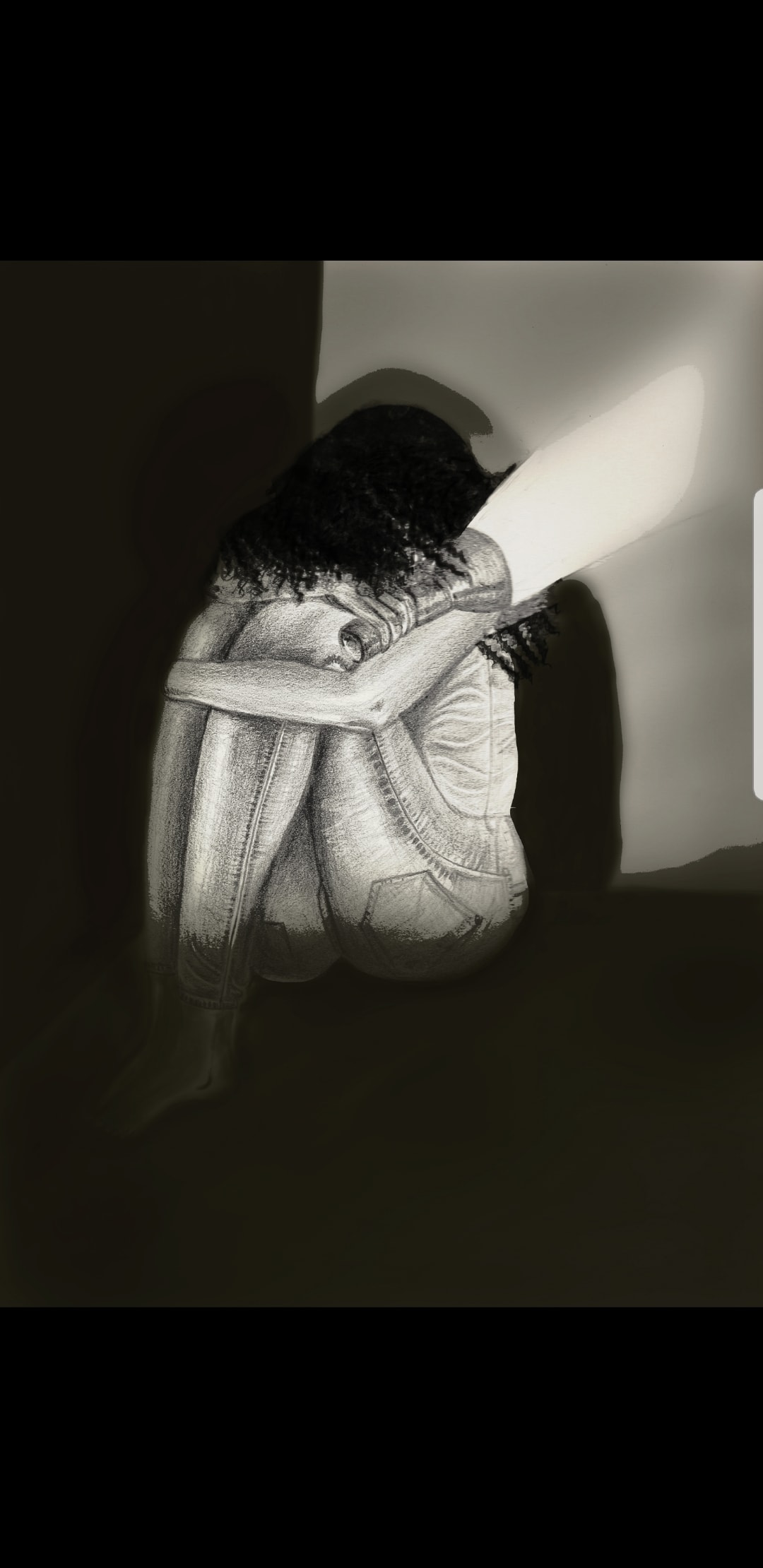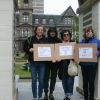
Me, depressed?
Black people don’t get depressed.
“We’re too strong. “
“You’re Crazy.”
“What’s said in my house, stays in my house.”
“Why would you tell a stranger your business?”
“It’s all in your head.”
“Pray about it. “
I thought I was so strong, I could never break, until I reached my breaking point, and then I broke.
For months I was in denial about my feelings, I blamed others for my position in life, as a Christian woman I even blamed God. I can’t remember when it started or exactly why it started I just remember feeling alone, regardless of the people I was surrounded by. I never told anyone how I was really feeling, even though the people closest to me could see a change. I was afraid. I was embarrassed- again, I felt alone.
These last couple of years have been tough. I have seen, heard, witnessed and experienced a lot. Growing up Black sometimes is being taught to numb your feelings, brush it off, or hold it in. I say that because so many times it’s not that we are not allowed to express our feelings, I think we’re not taught how to, or aren’t provided the proper environment.
We experience loss in so many ways: death, jobs, education, justice, family, and eventually ourselves. Our way of grieving is “moving on” in life, but not really in the sense of letting it go but putting it to rest. Then one day it just wakes up and sets our whole world off- like a bomb exploding we’re crushed to pieces.
We think that because you get up everyday it means you’re living, not realizing how easy it is to just exist, routines that become rituals leaving us stagnant and stuck. We’ve suppressed our feelings for so long that being vulnerable, especially in front of people, is almost impossible, let alone comfortable. Because we are born into a world that hasn’t yet accepted us, we live everyday apologizing for who we are.
Mental health problems in the Black community aren’t rare, it’s just hardly talked about, and almost never taken seriously. For us and our community I think we’ve internalized a shame we think comes with having a “mental illness” or breakdown.
With our elders, their fear of coming forward was being sent to the hospital, another place where we’re underrepresented and misunderstood, causing them to stay silent. Their silence was passed down to us, we don’t trust people easily. It’s hard to talk to or visit health specialist that don’t understand your cultural background. How do they even know where to begin your healing process, how to listen to you?
In our education system our children experience racism that stems from a systemic program of barriers that’s not designed for them to succeed. Our children are labelled, stereotyped, singled out, and when they act out, they’re punished instead of trying to get to the root of the problem.
How many children are being neglected? Not fed? Lacking resources, financial stability or help? Yet the only thing people notice is that we’re not meeting the educational requirements, without realizing why it’s so hard for us to focus. Teachers, guidance counselors and material that doesn’t relate or resemble us, but we’re expected to grow up respecting, valuing, and loving ourselves. When we don’t, no one understands why.
Our education system then carries over to our jobs, which become our livelihood, this is our means of stability the only way to survive. When our survival is threatened and we have no back up it goes back to silence, shutting up to be stable, keeping it in, and moving on.
For society I don’t think they understand the depth of the pain and in all the aspects or forms it comes in. Constantly being misrepresented and underserved allows people to ignore our problems, internalizing us to not take them seriously either.
In the Black community, poverty, violence, abuse of any kind create childhood trauma. How many of us are adults with pain that stems from our childhood? Regardless of how much family you have, how cool you are with everybody we all need a safe environment where we can release ourselves without judgement.
Depression is real, anxiety is real, and when your mental stability is off balance it’s not going to “just go away” with time. If you ignore it, it’s only going to get worse. Like a wound that’s open it will sting, bleed, bruise, and scar, but if you ask for help, take care of it and bandage it eventually it will heal properly and be skin again. If not, it gets infected and spreads.
We say “misery loves company,” and so does depression – it’s easy to teach children how to avoid, ignore and suppress to the point of breaking.
I believe as a community we can create a sacred space to break the stigma, create resources, and begin our healing process.
We need more people in powerful positions to bring knowledge, advocate, and counsel for and with us. I want to start that today by saying… My name is Guyleigh Johnson, my mental health has been impacted. Sometimes I suffer from depression and high anxiety and that’s okay. I’ve learned throughout this process it’s okay to reach out to people (even outside your circle, there are Black doctors counselors etc., if you just search). It doesn’t mean you’re weak, it means you’re smart enough and strong enough to know you can’t do it alone. I’ve learned that I am in control, regardless of what the universe throws at me it’s about how I respond. I am engaging in things I love and enjoy doing, even if I have to do them alone.
The other day I was out to lunch with family and friends, one of them being my uncle, who was recently diagnosed with cancer. He told me he was proud of me, and if there was anything he wanted me to do it was to be my authentic self, stand in my truth, and be honest – because that’s how you become the window to change.
When you give up suppression, you defeat oppression. As long as you accept yourself for who you truly are you’ll always be at peace. Breaking the cycle of silence starts when you speak up.
Guyleigh’s latest book, Afraid of the Dark, published by Pottersfield Press, will be available in stores in September.
In 2016 Guyleigh Johnson published Expect the unexpected – Voices from the North End, her first collection of spoken word poetry. It’s very good. It’s published by Pottersfield Press. And it is in a bookstore near you.
See also:
Weekend video – I grew up in Dartmouth, Guyleigh Johnson
Guyleigh Johnson: So then where do you go when you’re broke and broken
If you can, please support the Nova Scotia Advocate so that it can continue to cover issues such as poverty, racism, exclusion, workers’ rights and the environment in Nova Scotia. A paywall is not an option, since it would exclude many readers who don’t have any disposable income at all. We rely entirely on one-time donations and a tiny but mighty group of dedicated monthly sustainers.
Subscribe to the Nova Scotia Advocate weekly digest and never miss an article again.





Great piece, Guyleigh. We need your voice. Keep at it.
This is an important story, thanks for sharing!
Thank you Guyleigh. I am sure your story will give permission to many suffering in silence. So much truth as it relates to our identity and wholeness. It would be great to have public forums in our black communities to address this suffocating issue.